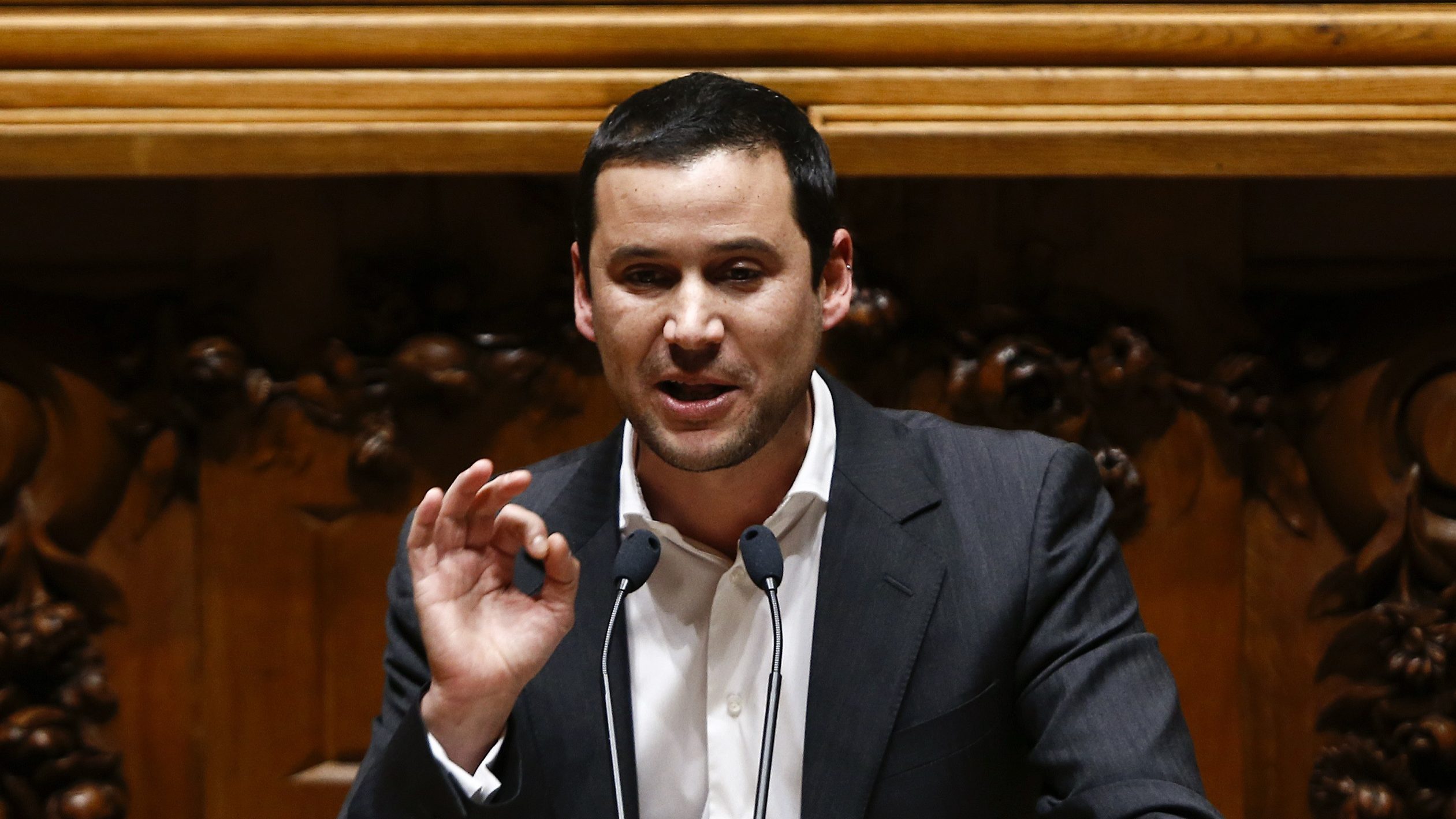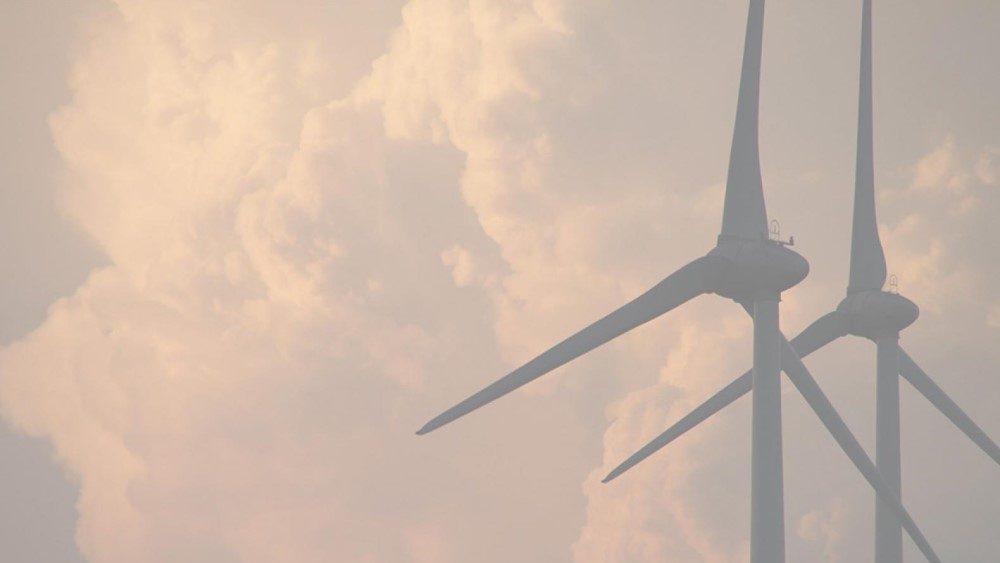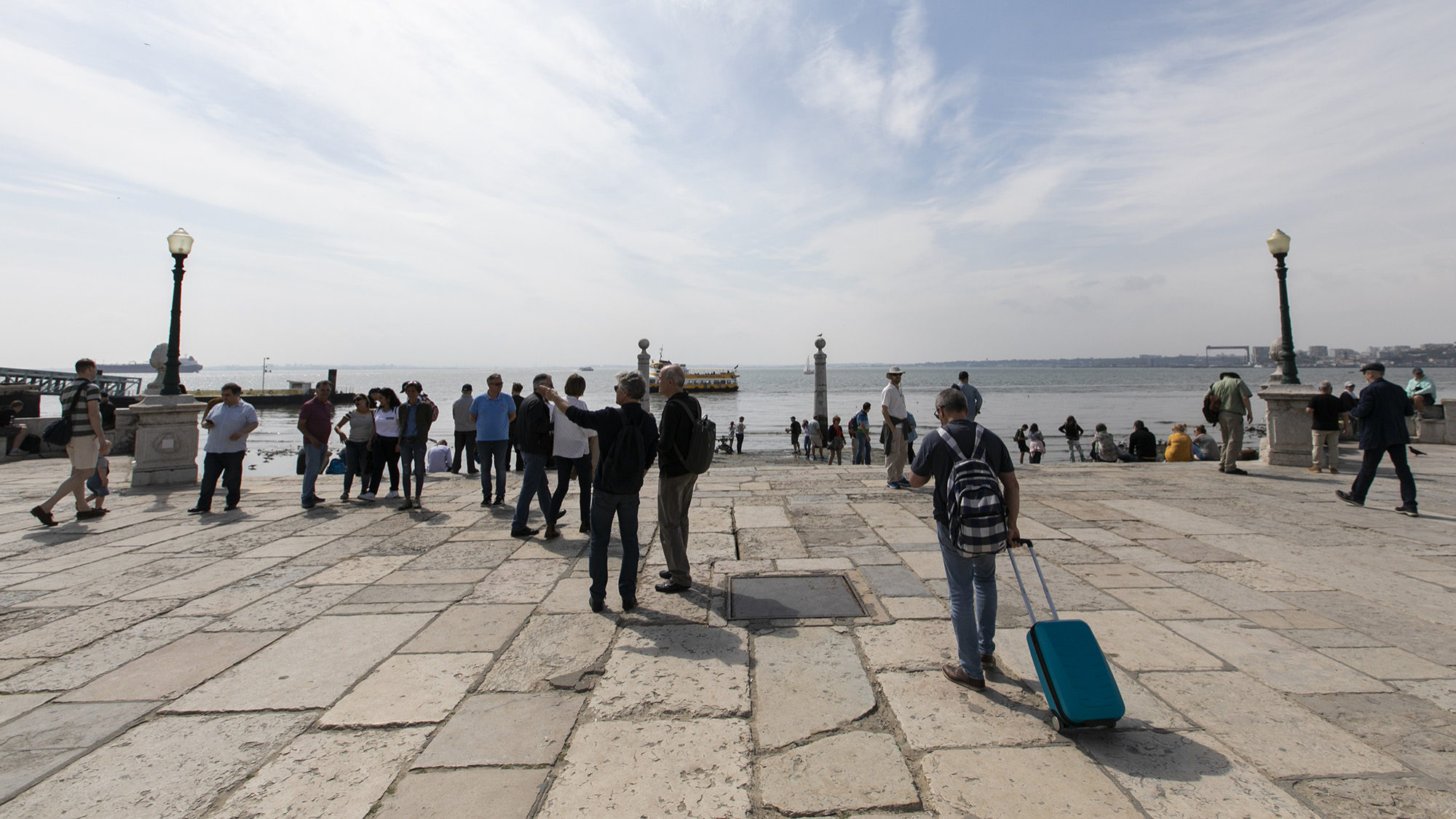Renewable future is offshore wind farms – Matos Fernandes
Portugal's minister of the environment believes the potential of renewable energy is in offshore wind power, adding that dams will "lose absolute importance" in the future.
The minister of the environment said on Friday that the great potential of renewable energy is in offshore wind power and that dams will lose importance in energy production from 2030.
“Onshore wind energy will be replaced, with a greater production capacity, but, objectively, the great potential is in offshore wind energy,” João Pedro Matos Fernandes said during his speech at the conference “Offshore Renewable Energy Opens New Horizons”, organised by the Viana do Castelo City Council.
He stressed that, currently, the production of energy from renewable sources in Portugal is mainly based on wind and water resources and that “solar energy is still a child, but it will grow with the investments that are underway.
However, Matos Fernandes noted that after 2030 water would be increasingly scarce and would have to be used for other purposes where there is no alternative and not for energy production.
Dams, which have been the main form of energy production in Portugal since the 1960s, “will lose absolute importance”, he pointed out.
Concerning wind energy, the minister said that the best onshore locations are currently allocated and, therefore, the path would be optimisation, with more developed turbines.
Offshore wind energy, he continued, had shown its “great potential”, “as from the moment when technology showed that it is not necessary to tie the towers to the bottom of the sea,” as is the case of Europe’s first floating wind farm, Windfloat Atlantic, in Viana do Castelo, with a budget of €125 million, coordinated by EDP.
“Viana do Castelo is, in fact, of the greatest importance, and our goal is to encourage national and foreign investors to continue investing in this field,” said Matos Fernandes, recalling that of the approximately 10,000 jobs created by renewable energy, 3,000 are in that northern region of the country.
The minister of the economy and digital transition, Pedro Siza Vieira, who also attended the conference, highlighted the “very desirable” skills developed in Portugal, in recent decades, for example, in the field of technologies.
“I would like to think that we will also continue to be protagonists of this change and not just takers of technologies developed by others,” leading in the production of elements for energy transformation, concluded Siza Vieira.


